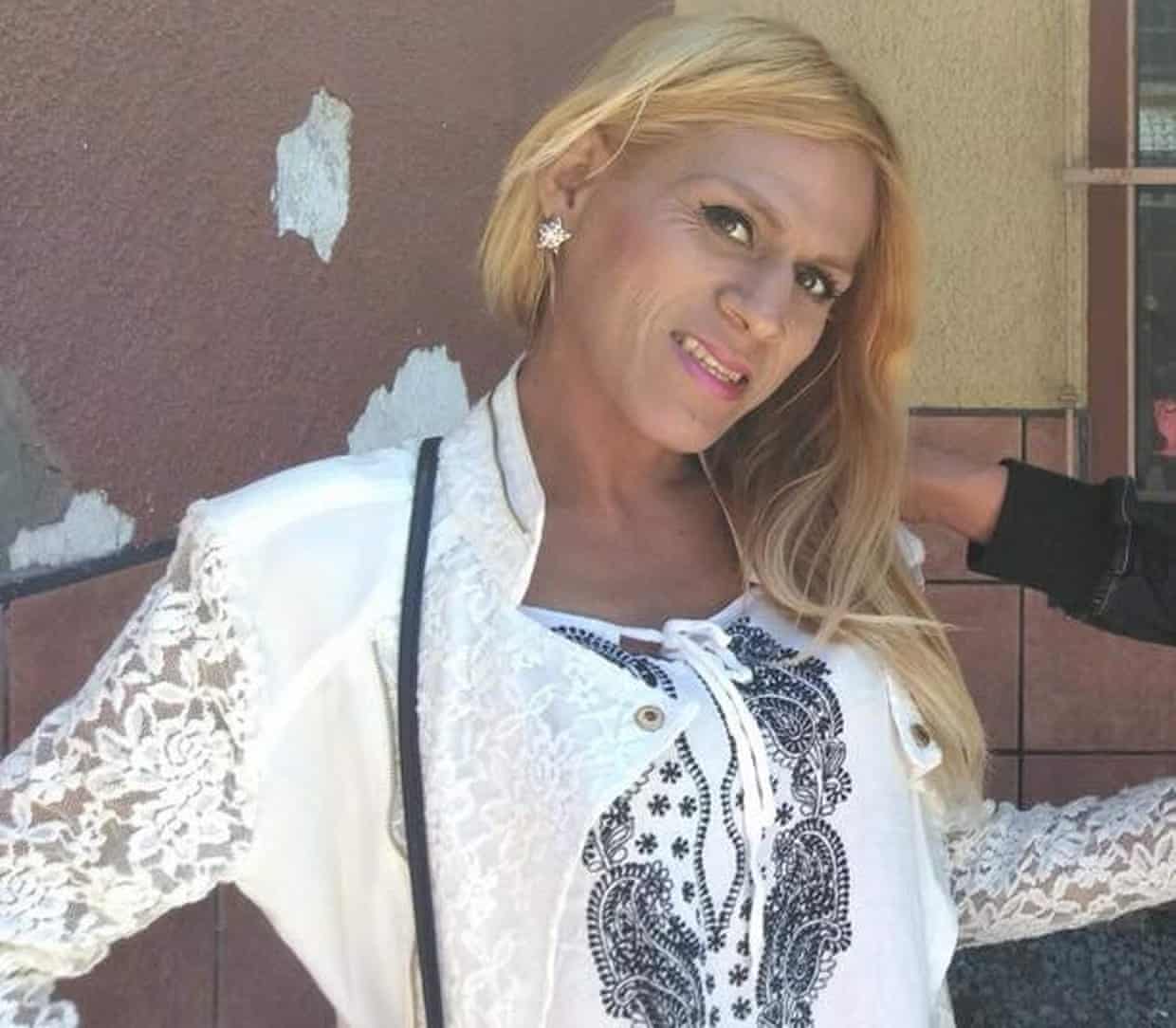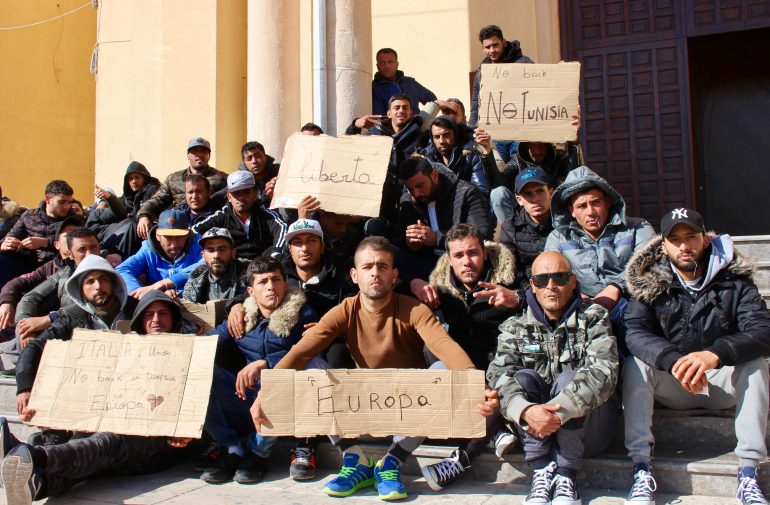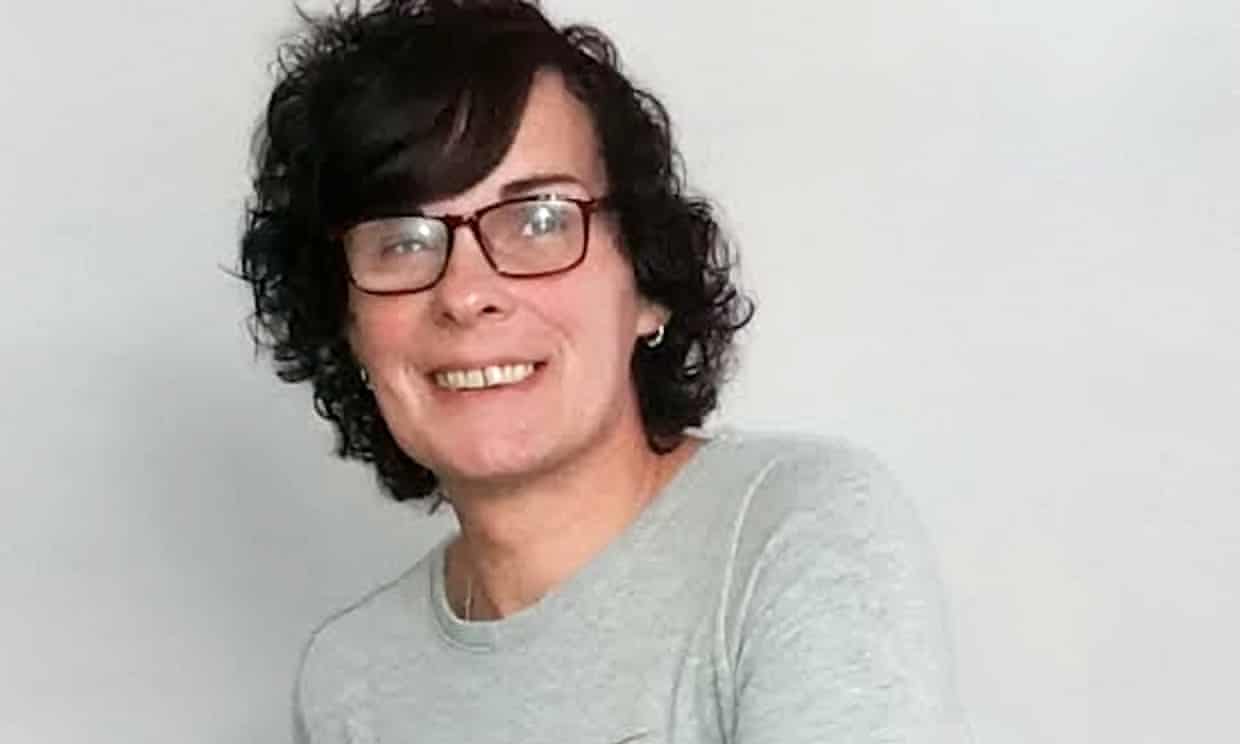
What happened to Jenna Mitchell? Jenna Mitchell was a prisoner in Georgia’s Valdosta State Prison. On December 2, 2017, Jenna Mitchell’s mother, Sheba Maree, called the prison to inform them that Jenna had threatened suicide. Jenna Mitchell’s mother urged the prison to place her daughter on suicide watch. She was told her daughter was already on suicide watch. Jenna Mitchell was never placed on suicide watch. Two days later, however, she was thrown into solitary confinement. According to a lawsuit filed by Jenna Mitchell’s parents, Jenna Mitchell told the officer she intended to kill herself. According to the lawsuit, the officer laughed, basically said make my day, and left Jenna Mitchell alone in her cell. When the officer returned, Jenna Mitchell had hanged herself. Two days later, she died. Now, two years later, the family has sued.
Jenna Mitchell lived, and died, with bipolar disorder, schizophrenia and “gender dysphoria”. She had a history of suicide attempts. This history was known to the prison, and, put charitably, the prison did nothing. Better put, the prison refused to do anything and so placed Jenna Mitchell in grave, and ultimately fatal, danger.
Jenna Mitchell was born Caleb Mitchell. She was a transgender woman. Why was she in Valdosta State Prison, a prison for adult males? Four years ago, Ashley Diamond, a transgender woman, was also sent to Valdosta State Prison. She sued Georgia for numerous violations, as well as numerous forms of violence. According to Diamond, a Valdosta State Prison warden called her a “`he-she-thing’ and encouraged staff to ridicule her for acting like a woman.” Diamond was told, “This is a male facility and your gender is male. You will be required to follow the rules a.” Ashley Diamond tried to commit suicide and to castrate herself. Finally, she was transferred to Baldwin State Prison, a close-security prison where she had already suffered numerous assaults. At the time, it was reported widely that Ashley Diamond’s lawsuit brought national attention to the abuse of transgender prisoners, and especially transgender women prisoners, in Georgia. Georgia changed its policy on gender-affirming medical care for transgender prisoners, allowing hormones for transgender prisoners. Those were reports in 2015. In 2017, Jenna Mitchell hanged herself in Valdosta State Prison, the prison that Ashley Diamond self-mutilated and attempted suicide in, in order to get out, one way or the other.
Meanwhile, Georgia prisons are experiencing a spike in suicide rates. From 2104 to 2016, 20 state prisoners committed suicide. From 2017 to this year, that number rose to 46. The prison suicide in rate in Georgia is at 35 per 100,000 prisoners, which is double the national prison suicide rate. The suicide rate for the general population is 13 per 100,000. Valdosta State Prison leads the state, and most of the nation, in prison suicides.
What happened to Jenna Mitchell? She wasn’t failed by the state of Georgia. She was executed … for being transgender, for being woman, for living with bipolar disorder and schizophrenia, for living, for being. Jenna Mitchell asked for help and she was ridiculed and then abandoned. When will we stop “improving” fatal and toxic policies and, instead, opt for available alternatives to cages, torture, and death? Why are so willing to sacrifice Jenna Mitchell and her sisters?
(Photo Credit: Project Q Atlanta)





